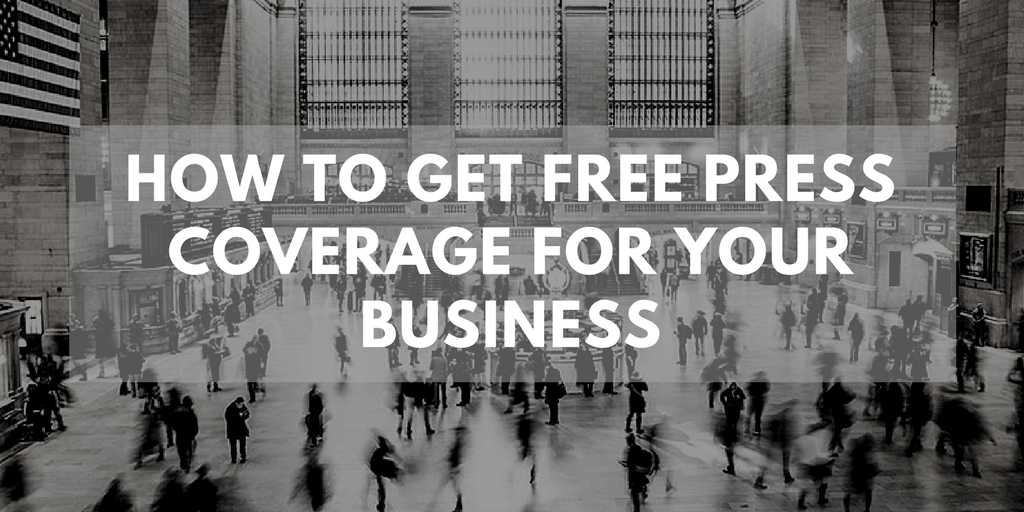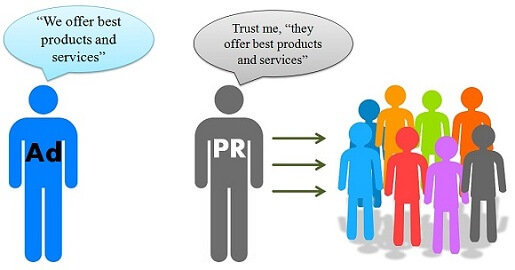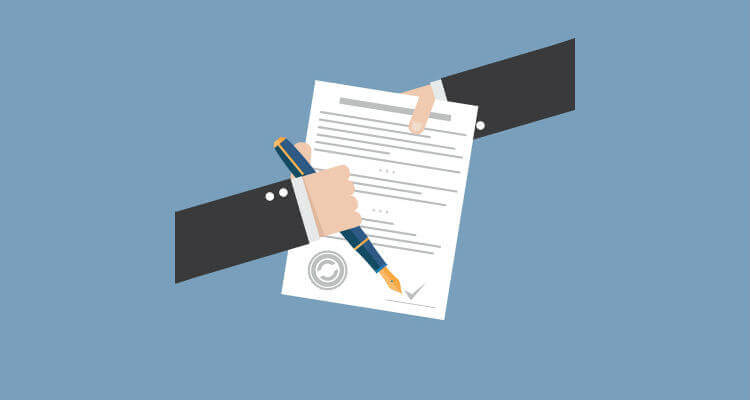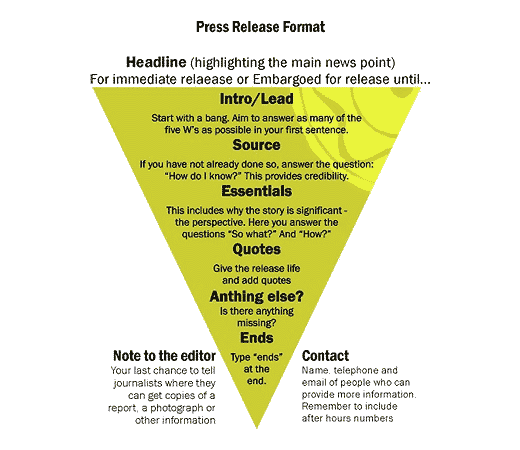
One of the biggest challenges of any business is getting the word out about their product or service and ensuring that the information about their existence remains fresh in the audience’s minds. Any business knows that maintaining a good image in the public is vital for success. Brand exposure is key.
Advertorial vs. Editorial
When it comes to getting press for your business, you can go the advertorial route; where you pay for the coverage. This means that you can have control over what is said about your product/service and how it’s said. But, there is an accompanying price tag, and it’s usually not cheap. It can also be less compelling to consumers. With all the existing regulations today, an ad must be labeled as such. #sponsored #ad #thisisanad
Why can that be less compelling to consumers? Because they know that they are being told what you, the seller, wants them to hear. Adversely, when you are told by an esteemed editor or influencer who is writing on their own accord that a service/product is great; you will certainly give it a second look.
This brings us to editorial; the free press. Editorial means that you are getting earned media placements. For this you pay nothing. A publication likes what you are selling; and they like the story,

For some brands, the story tells itself. But for others you must first find the compelling story, and then share that story in the most compelling way. This is what a PR pro does.
When it comes to PR you have two choices…hire professionals or DIY it.
There are countless PR agencies out there, so it is your job to decide which is the right fit for you.
Choosing the best PR agency
Having a good PR firm can take your business to new heights. Be that as it may, selecting the best agency can be challenging. Luckily, there are some simple guidelines that can help you find the right agency:
- Decide on your goals. You can’t create a strategy without deciding what the end goal is. Making decisions before you define your goals and objectives clearly will result in a lot of wasted time and resources. Think about what you want to achieve. Is it brand awareness, or attention for a specific/new product? Remember that everyone’s ultimate goal is to generate sales…so be more specific.
- Look at your budget. Hiring an agency isn’t cheap but it is worth the money so make sure you have an idea of what budget you’re working with. All decisions should fall in line with the financial clout that you can garner. Be clear about your budget and other particulars with all prospective agencies.
- Professional chemistry. It’s important to like who you are hiring and that you are excited to work with them. Public Relations can be a wonderful long-term relationship when you are working with the right people.
- Size matters. Not all firms have the same number of employees, some are international, some are local, some are boutique, etc. There are many reasons for choosing an international PR firm and even more for choosing a boutique PR firm. It’s important to think about the scope of your desired campaign, your budget, team chemistry, and weigh out the pros and cons of every agency you meet with.
- Consider all options. Every company will have different options when it comes to their public relations team; whether to go in-house, outsource, etc. How you approach your strategy will be determined by what kind of PR team you go with. Carefully consider everything that is available to you before making a final decision.
Are you ready to sign?
Now that you feel good about the type of PR firm that you want to work with, you must now ask yourself if you are ready to begin moving forward with the agency.

Before your company or brand is truly ready for Public Relations, there are several things that must be acknowledged.
1. Have a realistic timeline
A lot of the time brands will contact PR agencies too early (when they only have an idea in mind), or too late (they launched a few weeks ago and are now looking to get coverage on the launch). The key is finding the sweet spot between the two.
You must also realize that media works on a timeline.
If your priority is to get coverage in one of the monthly glossy publications, then it is important to note that they work on a 3-6 month lead time. So as PR pros, we are pitching the story 3-6 months ahead of you picking up the magazine and reading the story.
2. Have key pieces in place
There are several pieces that you must have before moving forward with your PR company. Firstly, it is so important that you have an established aesthetic and a clear message; this includes logos and websites. Your website must be a working website that is ready for consumer usage.
This should be the final version! When editors are receiving a pitch, one of the first things that they’ll want to check is the company/brand website. So you want to be sure that the website is giving the impression that you want to give to the media.
Other vital assets include social media handles and photos. The media will always want to see photos, so this is something that we are sure to include in our pitches.
If photo assets aren’t available, then it affects the quality of the pitch or the timeline for PR pros to do their work efficiently. These are things that PR firms like AMP3 are willing to do on your behalf, but the appropriate time must be allotted.
3. Be prepared for rapid growth
One of the number one killers of new and small businesses in America is rapid growth. You need to make sure that you are ready for success and that your business is scalable. A lot of the time, when a brand gets really great exposure, they are unable to keep up with the orders and their website will sell out. You want to make sure that the consumer is having a positive experience their first time interacting with your brand.

First and foremost, PR agencies want to make sure that their client’s are getting the greatest ROI. But in order to do this, a company or brand needs to make sure that they are truly ready.
Of course, for those that can’t afford PR firms or feel that a firm isn’t the best approach…DIY PR is an option to consider.
What about DIY PR?
A lot of entrepreneurs think that you are able to handle their own PR themselves and while that might sometimes work our advice is to really assess your strategy to accurately determine whether you need the support of a PR agency. Here are the pros and the cons of going the DIY route:
- Pros of DIY
- You get to cut the costs if you can have someone do it from within your organization. This is only good as long as you genuinely don’t have a budget to hire a PR agent
- There is a level of flexibility that you get to enjoy which means you get to control the dynamics of your strategy.
- There is a personal touch to DIY. Journalists are usually more inclined to receiving news from the business owner other than sanitized and cut out press releases.
- Cons of DIY
- You may not have the skill to pull off a comprehensive and proficient PR strategy.
- Time. If your organization chooses to handle your own PR then you need to allocate a significant amount of time for it. This will require a sufficient amount of discipline in order to pull this through.
- Experience is a necessary asset when it comes to PR. It may be a while before you master the ropes and garner the skills; things that can only be achieved through practice and experience.
- You may have limited access to journalists and news outlets.
How to DIY your press coverage
- Have newsworthy press releases
Whenever your organization is celebrating an achievement or a milestone, having a charity event or launching a product or service, be sure to have a press release written about it. Such content significantly improves your SEO while at the same time giving something for news outlets in your area to write about.
When sending out press releases, make sure you push them on your social media platforms, blogs and website.
See below for how to write an effective press release.

- Engage the community
Whenever you become involved in local and community events, get the attention of prospects. This goes further than setting up the usual booth at an event; think outside of the box. If you’re an interior designer and renovator, something like creating a room design contest for the local college students could increase your exposure as someone who is skilled in interior design, renovation and planning.
- Leverage your advertising relationships
There are times that the advertising department at a publication will give priority to a client over a non-advertiser when it comes to news coverage. If you leverage your advertising connection then you may be in good standing with the editorial team whenever you submit newsworthy content.
So…
Public Relations can get your organization, company, or brand not just good exposure but also the credibility, trust, third party validation, and authority that you don’t get when just doing advertising. Deciding on the best PR firm can be difficult but carefully weighing the pros and cons, as well as staying engaged with your agency of record is a great way to maximize on your PR strategy.
Share this Post
